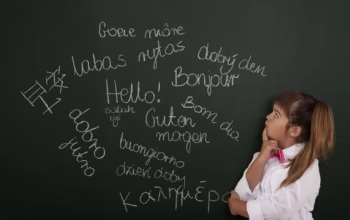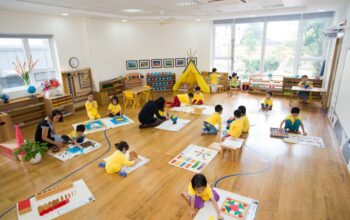I Learn by Playing!
The student's foreign language success is generally to your motivation It depends. Game will provide this motivation by giving pleasure, activating the student It is one of the most important tools that will make you an actor of your own education process. Apart from this, the game not only improves sharing and interaction between students, but also ensures that the student does not feel alone while learning, has self-confidence, learns to listen to others, be patient, and perceive events more easily, thanks to the interaction the student experiences.
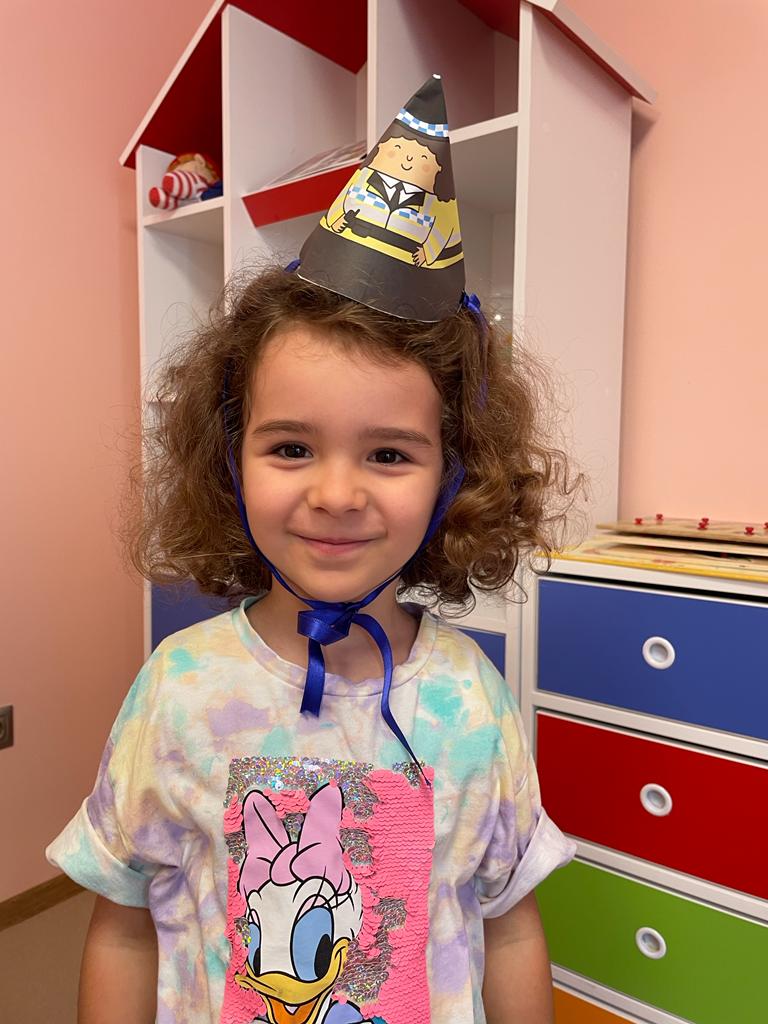
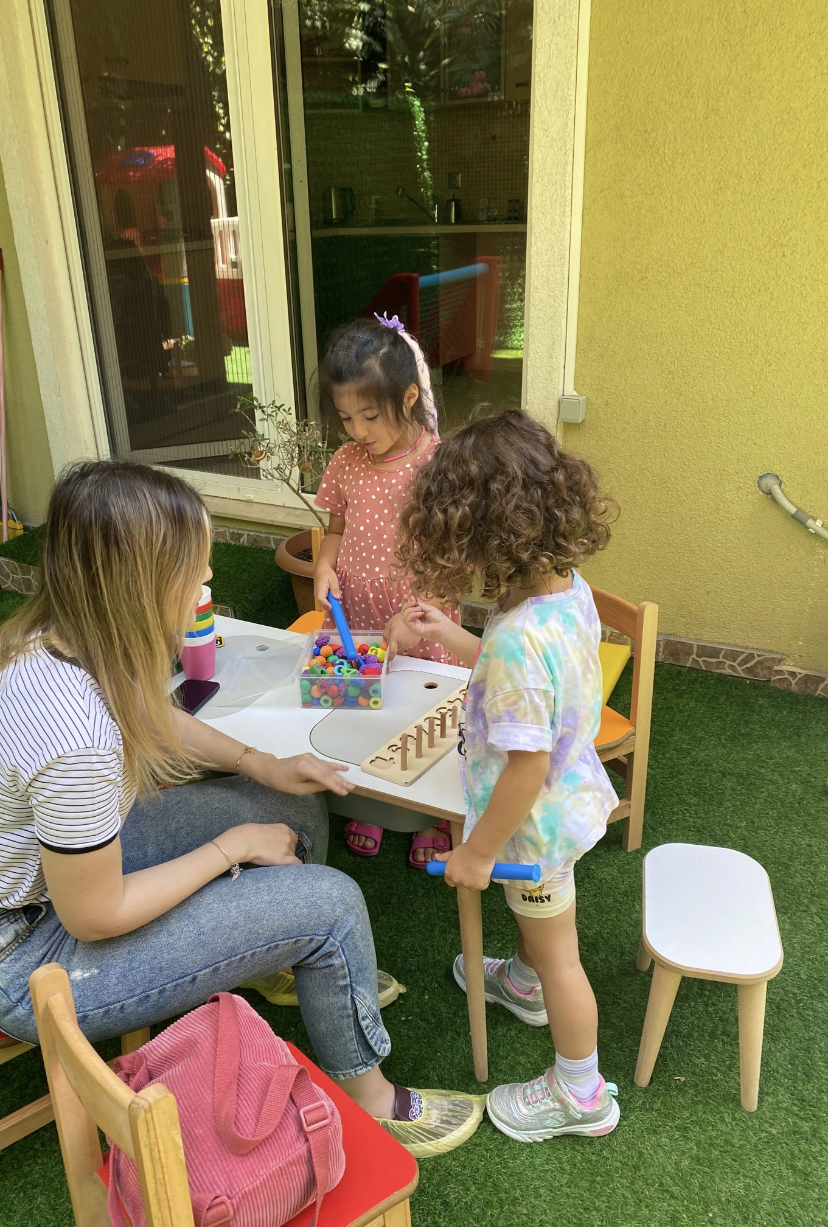
Ourselves “Is it possible to play while learning or learn while playing?” When we ask, let's be sure that every student is adapted specifically to the student's needs. educational game, It will also have a direct positive impact on the personality development of every individual student. Besides Everything that is learned by traditional methods or is lost before it can be learned It will be much more effective and permanent than knowledge. because during the game, the student's perception is clear and he is active. In this way, will communicate voluntarily with his own effort. The problem in language teaching will naturally exceed the issue of "speaking and expressing oneself".
The game offers three main advantages, pedagogical or not:
First of all, game activities belong to the player. a great motivation It enables the player to move forward voluntarily, to go further, to surpass himself herself ya da themselves. This behavior positively affects the player's fine or gross motor skills. Secondly, the game It attracts the body and creates desire. This sensitivity engages the actor in communicative behavior. During the game, the player; It improves emotional skills by making people experience certain emotions such as being a team and being helpful. This is how the player moving away from egocentrism, learns to manage teamwork, oppose, mutually respect, follow the rules and compromise.
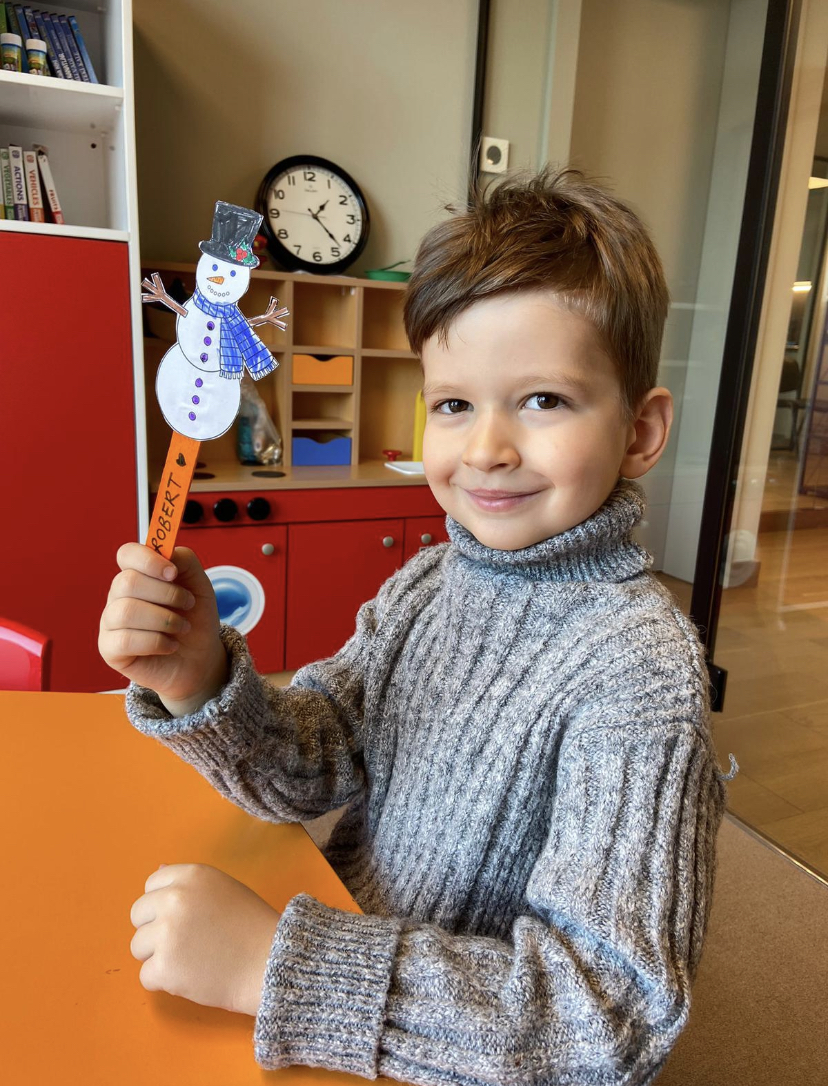
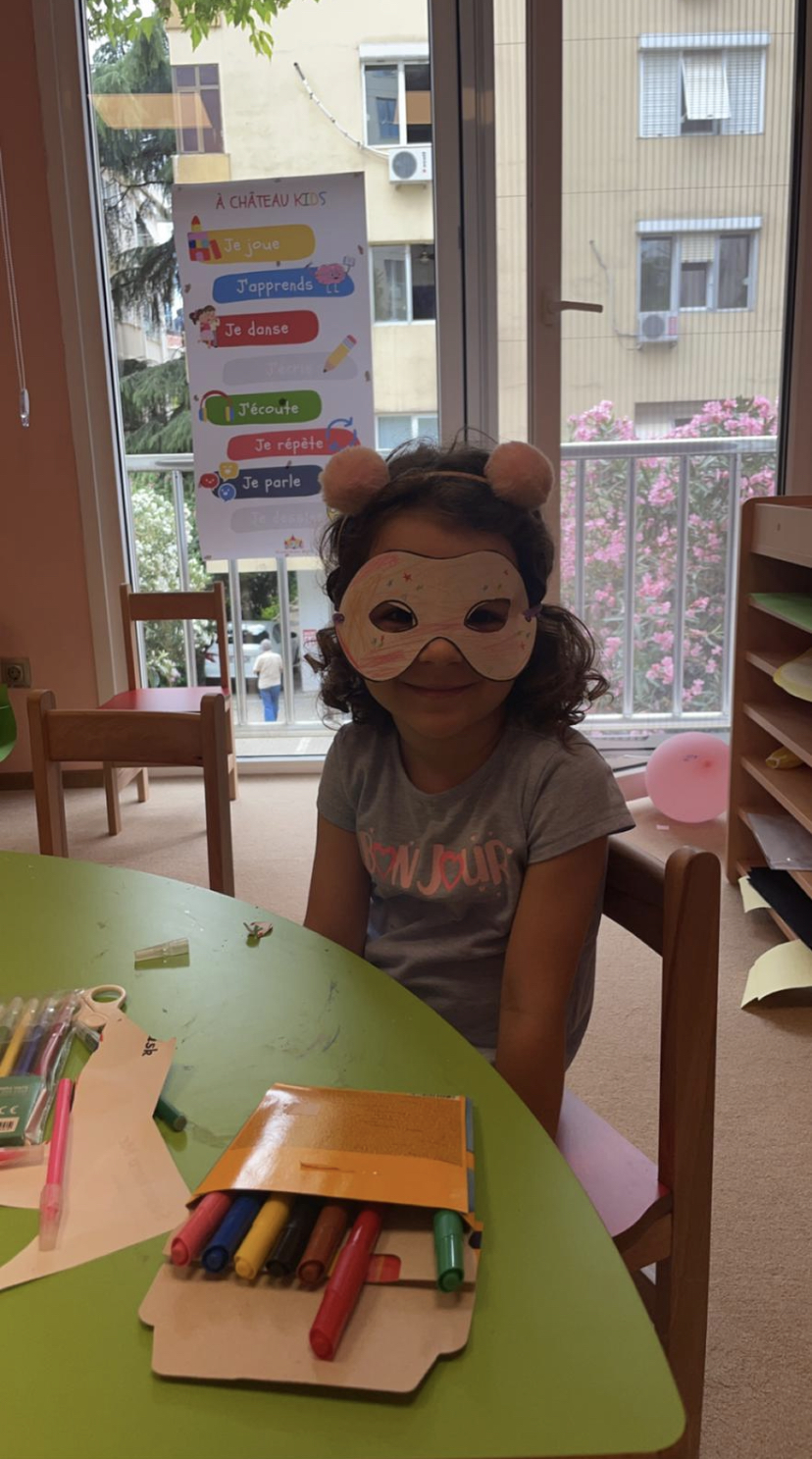
Game as a powerful socialization tool mental advantages There are also. The game acquires and develops skills such as classification, ordering, and awareness of the concept of time and space. In addition, the player expresses himself and communicates naturally while engaging in the problem-solving process by devising strategies individually or as a team. Another point is the concept of “error”. Mistakes are inevitable during the game. The player learns by making mistakes. So mistakes are part of the game. For this reason, when expressing himself as an individual in different contexts and situations, the actor is not afraid of making mistakes, breaks his inhibitions, and does not hinder what he can do. Because he is always aware that mistakes are a part of his development.
Texas Üniversitesi’nde yapılan bir araştırmaya göre zaman faktörü sabit tutulduğunda hatırlama oranları şu şekildedir; insanlar okuduklarının %10’unu, işittiklerinin %20’sini, gördüklerinin %30’unu, görüp işittiklerinin %50’sini, söylediklerinin %70’ini, yapıp söylediklerinin ise %90’ını hatırlamaktadırlar. Bu verilere göre, öğrenmede aktif olan duyu organlarının sayısı arttıkça öğrenmenin kalıcılığı da aynı oranda yükselmektedir. For ages 2-12 that we created and include the concept of game in the learning process. Multisensory Learning Technique We developed within the framework of CHÂTEAUKIDS We are pleased to introduce the Program to you.
blog
Çocuklarda yabancı dil yetkinliğini nasıl artırabiliriz?
Çocuklarda iki dili (İngilizce ve Fransızca) aynı anda geliştirmek, zihinlerinde harika bir “çoklu dil haritası” oluşturur. İngilizce daha çok günlük hayatta karşısına çıkarken, Fransızca ona estetik ve farklı bir ses yapısı sunar. İki dili sentezleyerek uygulayabileceğiniz stratejik bir plan: 1. “Bir Kişi, Bir Dil” veya “Bir Mekan, Bir Dil” Kuralı Zihin karışıklığını önlemek için dilleri […]
Çocuk yabancı dil konuşmak istemiyor, hangi yöntemleri kullanabiliriz ?
İngilizce ve Fransızca gibi iki köklü dili bir arada yürütmek, çocuğun bilişsel esnekliğini müthiş artırır. Ancak “çift dilli direnç” durumunda, dilleri birbirine rakip değil, farklı dünyaların anahtarları gibi konumlandırmalıyız. İngilizce ve Fransızca özelinde, önceki yöntemleri bu iki dile göre modifiye eden stratejiler: 1. Dilleri “Görevlere” Ayırın (Mekan Odaklılık) Çocuklar rutinleri ve kuralları oyunun bir parçası […]
Montessori nedir ve Ebeveynlerin bunu ev ortamında nasıl uygulayabilir ? Pratik çözümleri nelerdir?
Montessori, İtalyan doktor Maria Montessori tarafından geliştirilen, çocuğun “kendi kendine yapabilmesine” odaklanan bir eğitim felsefesidir. Temel kural basit: Çocuk bir yetişkinin küçük kopyası değil, kendi gelişim hızı olan bağımsız bir bireydir. Evi bir okul gibi donatmanıza gerek yok; asıl mesele evi çocuğun boyuna ve becerilerine göre “hazırlanmış bir çevreye” dönüştürmektir. Montessori’nin Temel Felsefesi Saygı: Çocuğun […]



